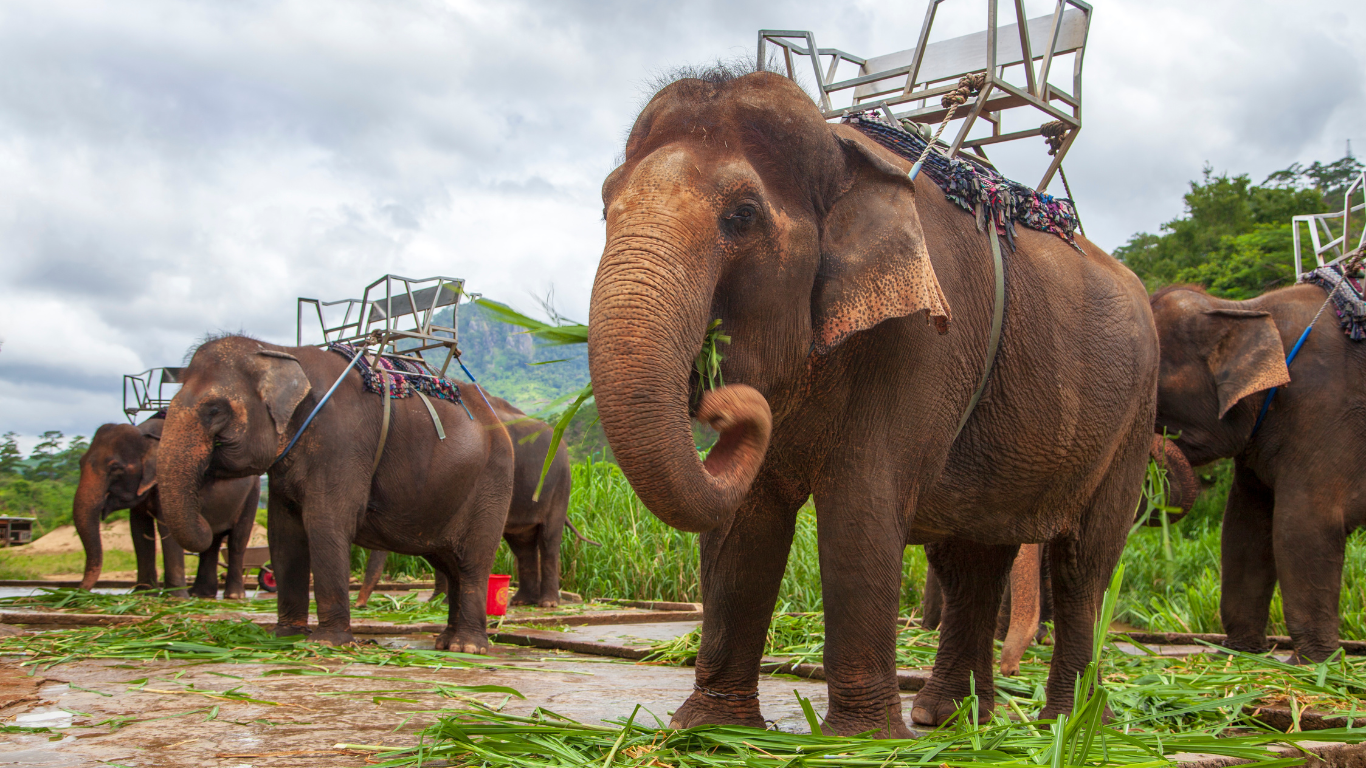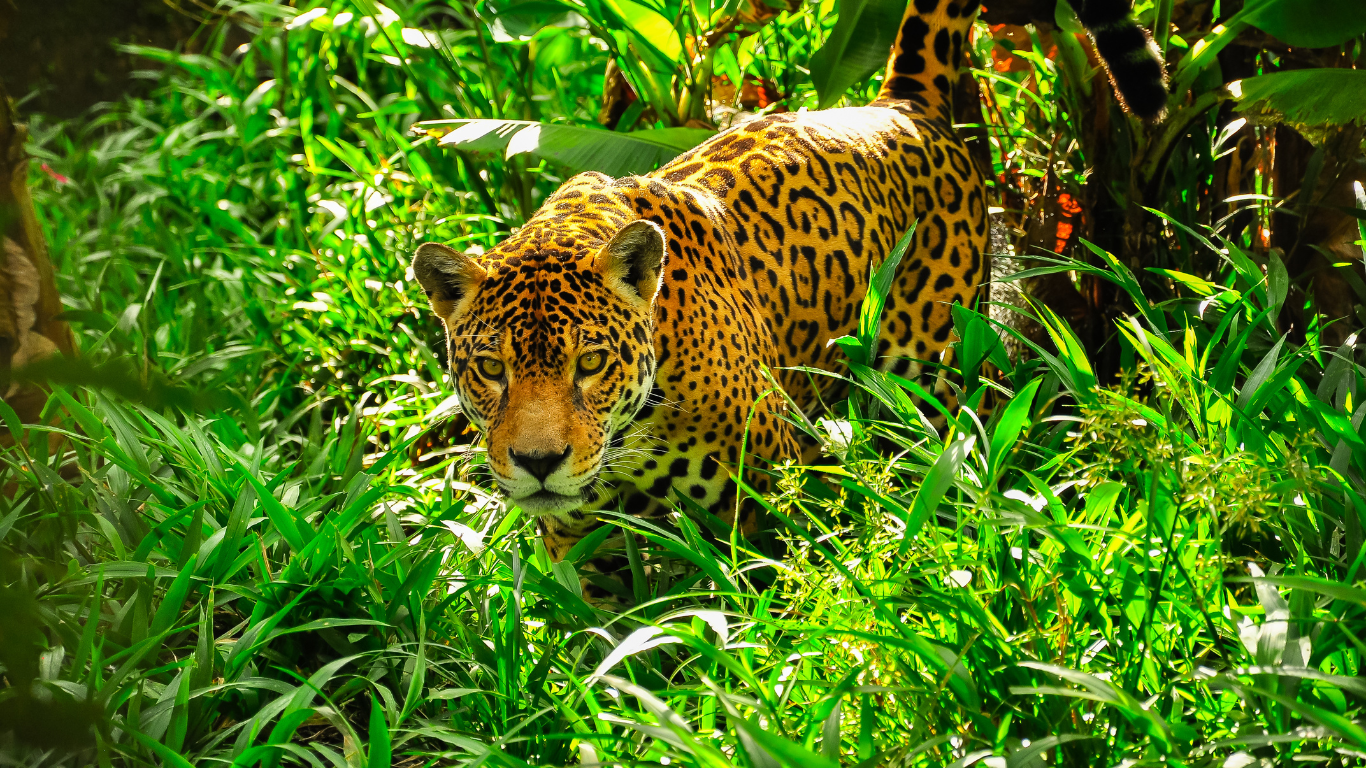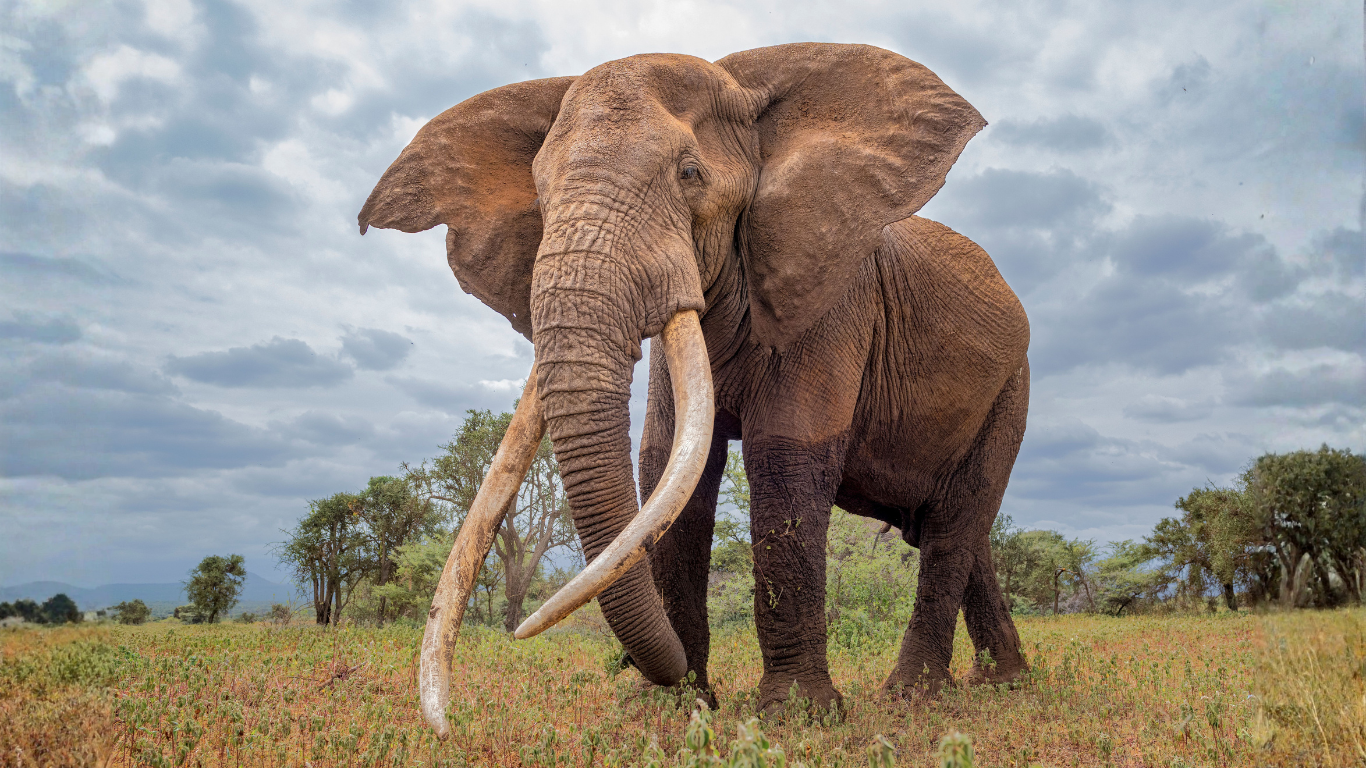Decades of conservation action have brought renewed hope for the fin whale and the mountain gorilla. Both species have moved from “endangered” to “vulnerable” on the International Union for Conservation of Nature (IUCN) Red List of Threatened Species which was updated in November.
Populations of fin whales are recovering following the institution of bans on commercial whaling in the North Pacific and in the Southern Hemisphere since 1976, and significant reductions in catches in the North Atlantic since 1990. The improvement in the status of the mountain gorilla is attributed to collaborative conservation efforts across country boundaries and positive engagement from communities living adjacent to the animals’ habitat. Unfortunately, the eastern gorilla, a second subspecies of gorilla, remains critically endangered.
The IUCN Red List now includes 96,951 species of which 26,840 are threatened with extinction.
“(The update of) the IUCN Red List illustrates the power of conservation action,” said Inger Andersen, IUCN director general. “These conservation successes are proof that the ambitious, collaborative efforts of governments, business and civil society could turn back the tide of species loss.”
The global population of fin whales is believed to have doubled since the 1970s and the status of the western subpopulation of the Grey Whale has also improved, moving from critically endangered to endangered.
Intensive conservation action, including anti-poaching patrols and in situ veterinary interventions – such as the removal of snares – has contributed to the growth of mountain gorilla populations since the previous IUCN Red List assessment, published in 2008. In 2008 the mountain gorilla population was estimated to be around 680 individuals, but 2018 estimates show that it has increased to over 1,000 individuals, the highest figure ever recorded for the subspecies. The population growth has been confirmed through coordinated and improved survey methods.
“Whilst it is fantastic news that Mountain Gorillas are increasing in number, this subspecies is still endangered and therefore conservation action must continue,” said Dr Liz Williamson of the IUCN SSC Primate Specialist Group. “Coordinated efforts through a regional action plan and fully implementing IUCN best practice guidelines for great ape tourism and disease prevention, which recommend limiting numbers of tourists and preventing any close contact with humans, are critical to ensuring a future for the mountain gorilla.”





